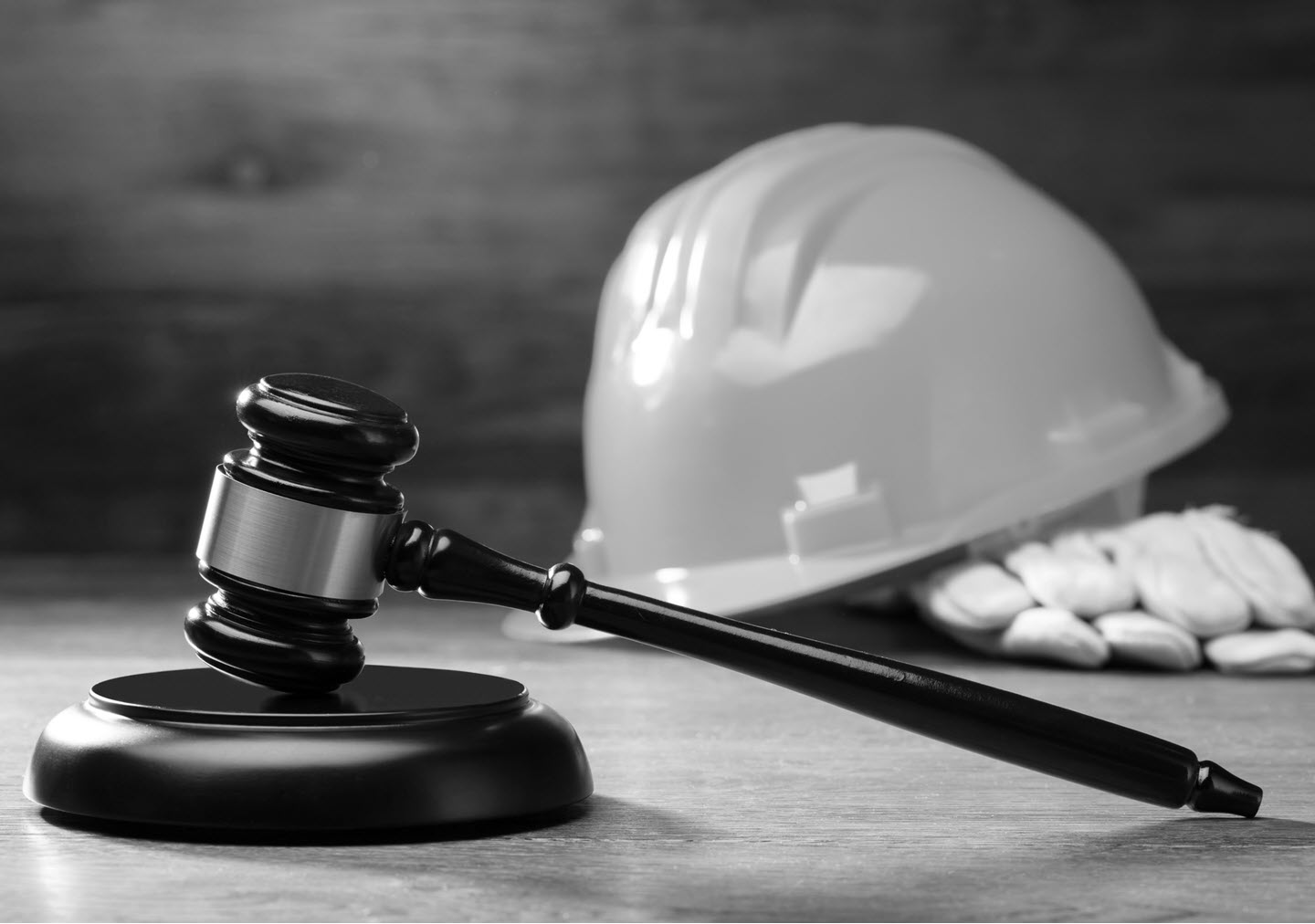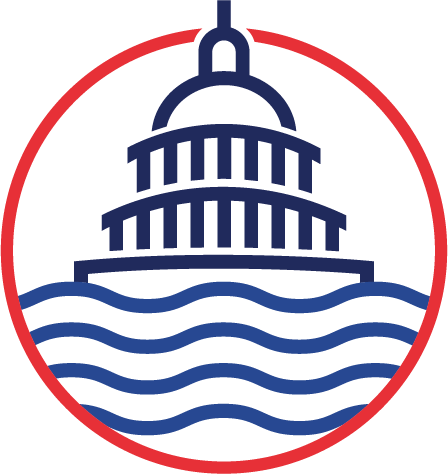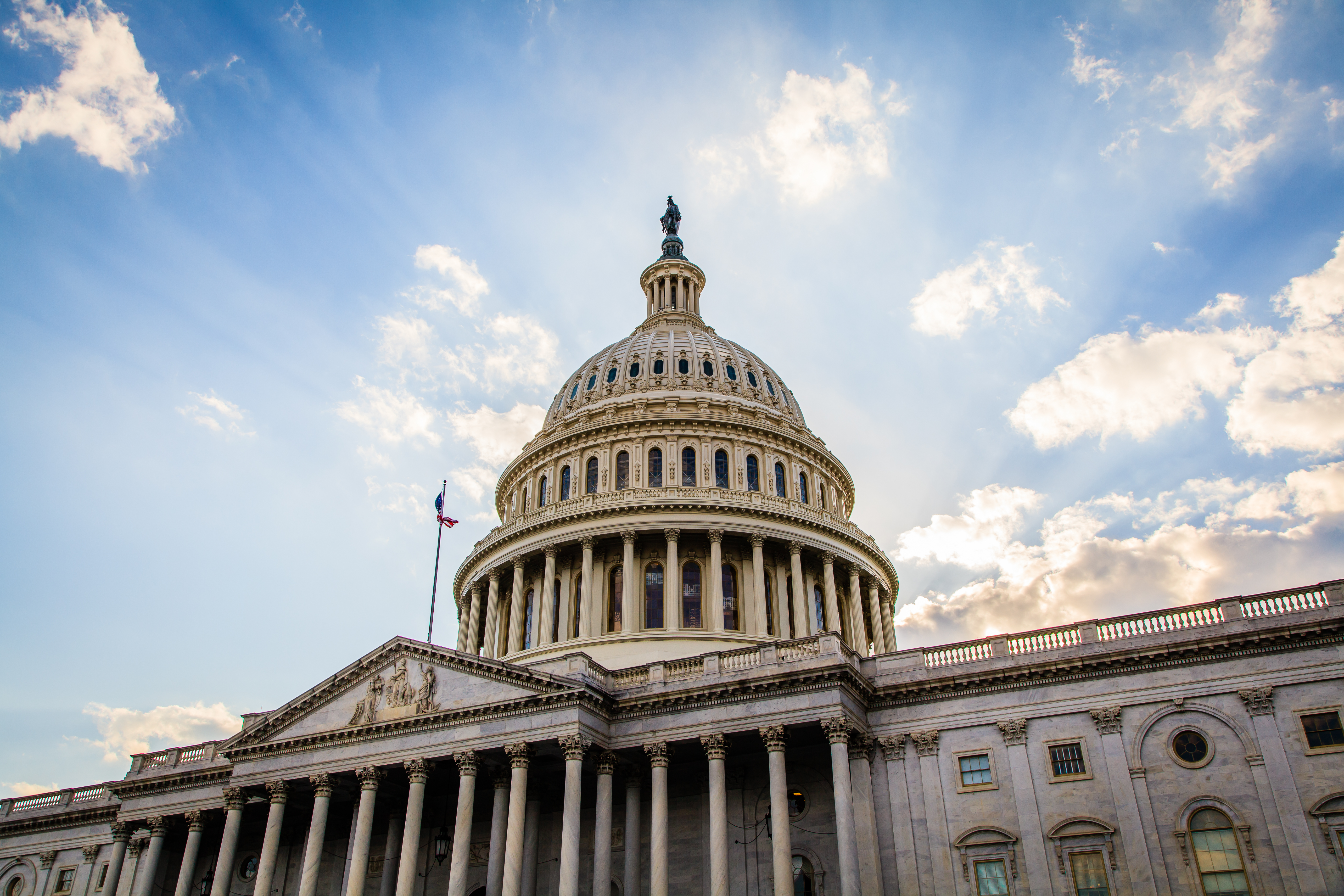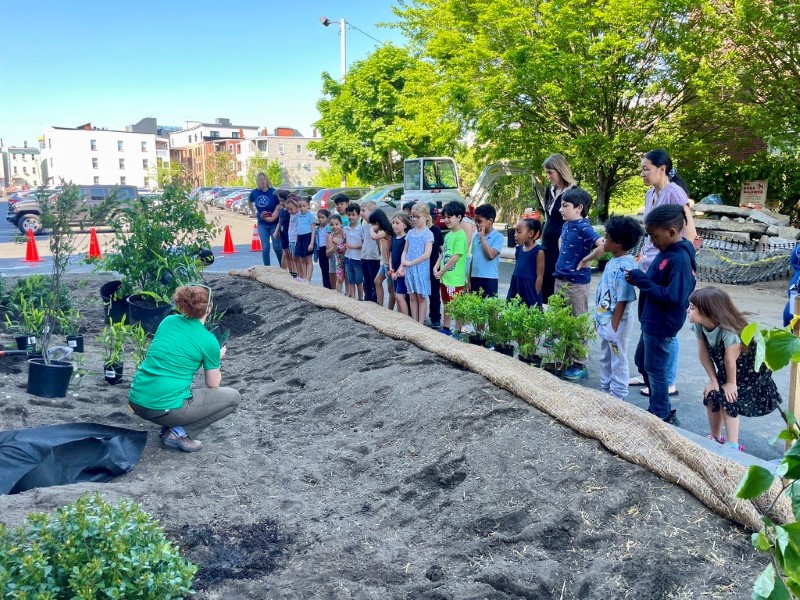
Government and Regulatory Affairs
WEF advocacy activities aim to educate WEF members and the water sector on public policy issues related to water quality and water resources, and equip them to play a greater role in water policy discussions.
Today on Capitol Hill
The PFAS Passive Receivers Coalition—proudly co-founded by WEF—hosted an important briefing on the real-world challenges utilities and communities face in tackling PFAS pollution.
A big thank-you to Dr. Sally Brown from the University of Washington and Amanda Waters from AlexRenew for sharing their insights. They brought much-needed perspective on how PFAS affects wastewater, biosolids, and resource recovery—and just how complex and costly this issue is for utilities that didn’t create the problem but are now responsible for cleaning it up.
This is about more than regulation—it’s about protecting our communities, our water, and the people who ultimately bear the cost: the ratepayers.
WEF Backs Call for Congressional PFAS Action

Water Week 2026 | April 6-12
Join water professionals from across the nation to help advance key water policy priorities such as sustained growth in federal infrastructure investment, addressing water affordability, supporting water research and development and advancing sound science-based solutions, and making our critical infrastructure more resilient.
Make Your Voice HeardLet’s speak with a united voice for water!
Aging infrastructure, strict requirements, and continued economic pressures have put unprecedented stress on local governments and agencies that provide essential water services. Elected officials are being called upon to make tough choices that will impact water quality and the viability of our communities for generations to come.
The Water Advocates Program helps you to reach out to and connect with elected officials on important water quality issues.
Featured Government & Regulatory Affairs Resources
WEF engages in appropriate and nimble advocacy on legislative and regulatory issues to improve the scientific and technical foundation for water quality laws and regulations, support the need for continued progress in controlling pollution, protect public health and the health of aquatic ecosystems, and promote sustainable management of water resources.
WEF works closely with its membership to educate Congress on clean water issues impacting their districts and states and disseminates information on Congressional activities to WEF members via meetings, webcasts, and emails. WEF also collaborates with other organizations to provide support or comment on pending legislation affecting the clean water community.
Water Advocates
Let’s speak with a loud, united voice for water. The Water Advocates Program helps you to reach out to and connect with elected officials on important water quality issues.
Position Statements
WEF has developed a series of clean water position statements to guide the critical work WEF provides in clean water policy.
Canadian Water and Wastewater Association
CWWA is a nationally registered not-for-profit corporation representing the common interests of Canada’s public sector municipal water and wastewater services and their private sector partners that support them.
Value of Water
As a critical part of our mission, WEF works to elevate clean water, the water profession, clean water services, and the infrastructure that supports it as essential to protecting public health, the environment, and quality of life.
WEF Government Affairs Community
The members of the WEF Government Affairs Community and its Focus Groups help to position WEF as a recognized expert voice on all water as well as provide input on environment-related policies through actions including engagement with government officials and written comments and testimony on regulatory and legislative matters.
Join the Government Affairs CommunityWhere the Water Sector Connects
See how WEF connects the people and ideas driving clean water and public health. Membership gives you access to benefits, resources, and a network committed to impact.
EXPLORE ALL PRACTICE AREAS
WEF is a source of high-quality technical resources featuring the latest research, news, and education. WEF's members and other credible resources have created and compiled this information into the Practice Area groupings listed in the dropdown menu.
Test your knowledge of wastewater and laboratory with a 10-question, multiple-choice quiz. Quizzes incorporate math, safety, and various other topics to help you test, maintain, and advance your wastewater knowledge.







